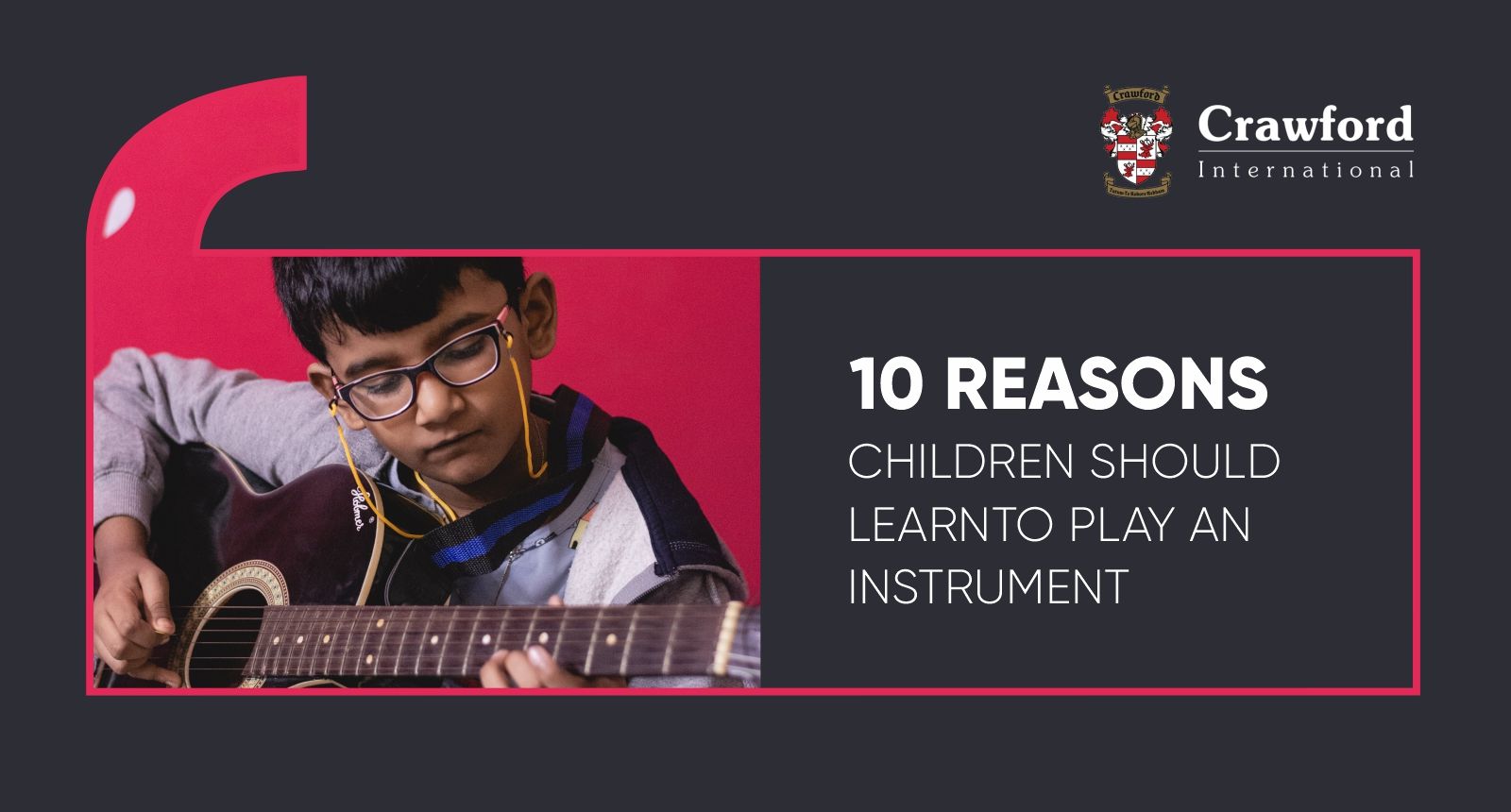10 Reasons Children Should Learn to Play an Instrument
Karabo Molokomme • January 5, 2024

Why Learning an Instrument Is Beneficial for Children
Listening to your child learning to play an instrument can be challenging. Nobody handles the same key being played repeatedly well. And if you think the piano is bad, try listening to a child who is learning to play the drums, a trumpet, or the violin! But wait, before you pull the plug on lessons, you need to know how much benefit there is for your child in learning a musical instrument. We have outlined 10 benefits below:
1. It’s Fun
Music is and should be fun. Sure, while your child is learning a new instrument it may be a little frustrating (for them and for you), but there will come a point where the penny will drop, and the instrument will serve its purpose. Being able to play songs that your child loves will be a huge personal achievement for them and the more they play, the better they will be and ultimately the more fun music will become.
2. Improved Coordination
There are hundreds of toys on the market aimed at improving your child’s motor skills and coordination, but before you drop some significant money on a short-term toy, think about a long-term instrument. A study conducted in the United States proves that there is a big difference in fine motor skills and coordination development between a child that plays an instrument and one that does not. This is because an instrument forces a child to use their hands intentionally and at specific moments to get results.
3. Reduced Anxiety and Depression
There are many reasons why learning to play a musical instrument helps anxiety and depression. Besides the fact that playing an instrument is one of the purest forms of self-expression, it also ensures that a person who needs time for themselves is spending time with themselves as they master their instrument. Added to that, mastering an instrument brings a person a sense of self achievement and increased mood. All of that, combined with the actual soothing or uplifting sounds of music, means that anxiety and depression are reduced.
4. Creates Responsibility
Every instrument needs to be cared for. Guitars and pianos need to be tuned, drums need to be reskinned and maintained and flutes need to be cleaned with a rod and cloth. Having your child take care of the instrument they are learning to play and having them also stick to practice schedules means they are learning responsibility.
5. Exposes Children to New Cultures
We all know that music plays a huge role in culture and history. It not only reflects different eras of time, but it has also been instrumental in implementing significant social and political change. Understanding different music, and its purpose, means exposure to different genres and instruments. For instance, get your child to explore the guitar and then expose them to the sitar from India.
6. Mathematics Skills
Playing a musical instrument holds parallels with critical thinking and problem-solving skills, which are the cornerstones of mathematics. When learning an instrument, children will have to count and measure scales, all of which requires numbers. And when children learn rhythm, they are learning ratios, fractions, and proportions. Instruments are a great way for children to learn Maths in a creative way.
7. Increases Memory
When learning a musical instrument, children need to memorize sheet music and finger placement. They need to also remember cues and arrangements. It is proven that children who play a musical instrument have increased brain function, better focus, and therefore increased memory.
8. Improves Listening Skills
Children who play a musical instrument need to listen to a variety of things, including rhythm, pitch, and speed. And they also need to listen to what other people are playing and, of course, instructions from the conductor or teacher.
9. Improves Social Skills
Musical instruments are often played in a group, such as in a band, a production, or in an orchestra. This requires the musician to work “harmoniously” (see what we did there?) with other musicians to achieve the desired outcome… harmony! It is a proven fact that children who take part in music, develop higher levels of social cohesion.
10. Perseverance
Learning an instrument can be challenging and your child’s music teacher should outline both short-term and long-term goals to monitor milestones. Achieving these milestones are both rewarding and encouraging for your child and these things drive perseverance – a wonderful trait and skill to have.












